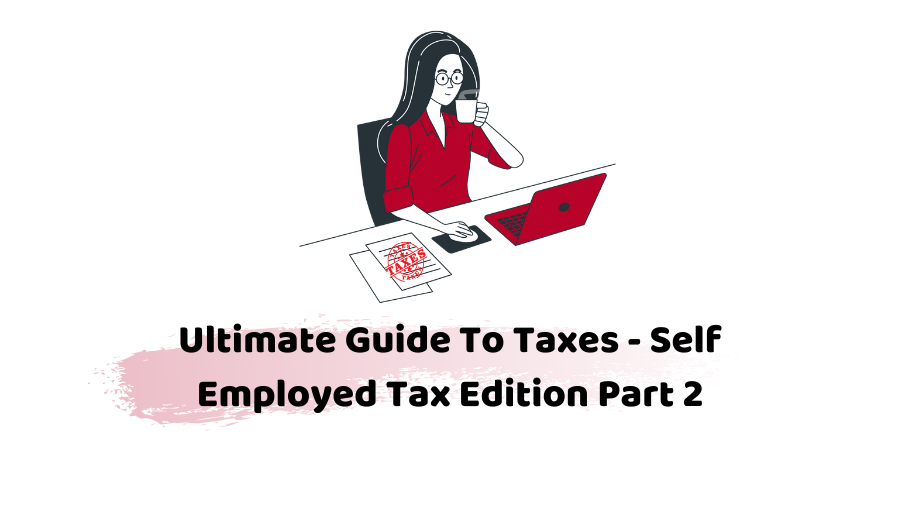When you’re part of the workforce or the business world, no one is exempt from taxes. And even if you don’t work under a huge corporation, you’re still working as a self-employed tax individual, meaning you still need to file your taxes.
Since many self-employed individuals find taxes confusing tasks to deal with, many hire modern accountants with all their finance and tax needs, especially when tax season comes up. With their help, you’ll be able to breeze through your financial tasks and ensure that you never miss a tax deadline ever again.
Previously, we explained the basics of self employed tax. In this article, we’ll dig deeper and focus on the deadlines and what it is you need to pay. Let’s get to it!
The Real Deal on Self Employed Tax Deadlines
When you’re dealing with self employed tax UK deadlines, know that you’re always due for the previous year and not the current year. The end of the tax year is often during April and begins in the same month as well.
With that being said, as of writing in December 2019, if you haven’t submitted your self employed tax return, then you need to file your self-assessment forms for the tax year, beginning April 2018 and end of April 2019.
But once you’ve filed your returns for the previous year, you can’t file returns for the current year until it ends in April. As for filing your self employed tax return and the tax due, the deadline is on the 31st of January at the end of the previous year.
Since there are a plethora of dates you need to remember and missing one can give you a headache, it’s essential to work hand-in-hand with reliable modern accountants. This way, you won’t miss a beat every tax deadline!
Other Deadlines to Keep in Mind
Say you were self-employed in the previous tax year, but since this is your first year of business, you couldn’t tell HM revenue; in this case, you need to inform HMRC that you were self-employed before the 5th of October.
This way, you’ll get to register for self employed tax and assess your tax liability. Besides that, you can conveniently submit your returns online instead of on paper. However, if you wish to submit it on paper, remember that the deadline for this is the 31st of October.
Self Employed Taxes You Need to Pay
Understandably, self-employed taxes vary slightly from traditional tax payments. There are four types of taxes you may need to pay, and these include:
- Income tax;
- National Insurance Class 2;
- National Insurance Class 4;
- VAT;
Self-Employed Tax Rates
How much taxes you’ll pay depends on how much you earn in your self-employment.
Self-employed tax differs from contract employees in the area of National Insurance tax or NI. Being a self-employed worker, you need to pay two types of NI, and unlike a traditional employee, you must cover it all.
Besides your NI, you may also have to pay for VAT. As a self-employed worker, you must pay VAT if you earn a certain amount, and right now, the cut-off amount is £85,000.
Registering for Self-Employed Tax
You’ll only begin to pay self-employed tax once you hit the Class 2 NI threshold. But if you don’t reach that threshold, do you still need to register for self employed tax uk? The answer is simple: yes.
Though you don’t pay a penny in tax, it’s still wise to register with HMRC and let them know that you’re a self-employed individual. Besides, you’ll also need to file your tax return for £0 owed. This way, HMRC can keep track of your earnings and allow them to investigate any suspicious activity.
The Bottom Line: Register as Self-Employed and Remember the Deadlines
Taxes are more than just a money game; in fact, it’s all about hitting deadlines and making sure that all your earnings are accounted for. For this reason, it’s best to work with modern accountants to ensure that your taxes are in check and that you’re not missing a deadline, especially when tax season arrives.
How Can Accotax Help You?
Finances and taxes are incredibly complex, and for self-employed individuals, it can definitely give you a headache, thanks to all the dates and forms you need to remember. Fortunately, modern accountants like Accotax can help you.
We are a team of accountants and tax consultants who offer financial services to self-employed, limited companies, and contractors. Let’s get your taxes done with ease — start working with us today!





















































